
CapeNature's tourism offerings boost local economies
This year, World Tourism Day is celebrated on 27 September 2020. World Tourism Day heightens the sector’s unique ability to drive economic development and its contribution to the South African economy. It is no coincidence that Heritage Month and Tourism Month,
including World Tourism Day, fall within the same month. Tourism plays a significant role in preserving and promoting culture and heritage.
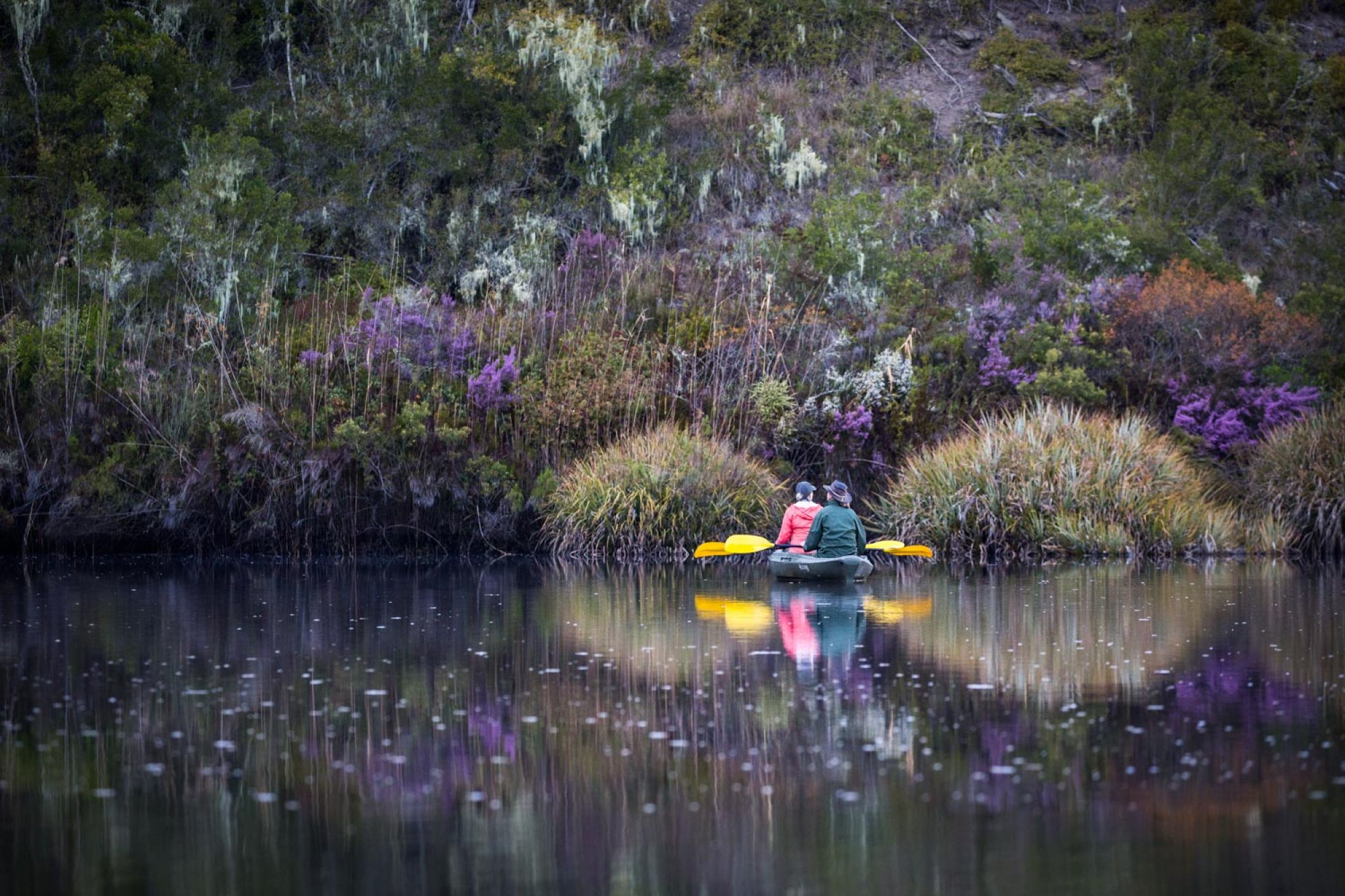
In a time where tourism has experienced its most challenging year, with job losses and forced business closures due to the global COVID-19 pandemic, CapeNature shines the spotlight on positive local community development resourcefulness. The 2020 international theme is "Tourism and Rural Development." In aligning to this, CapeNature has prioritised its access mandate for all and uses activities as a tool for the skills development of youth to make a success of their heritage.
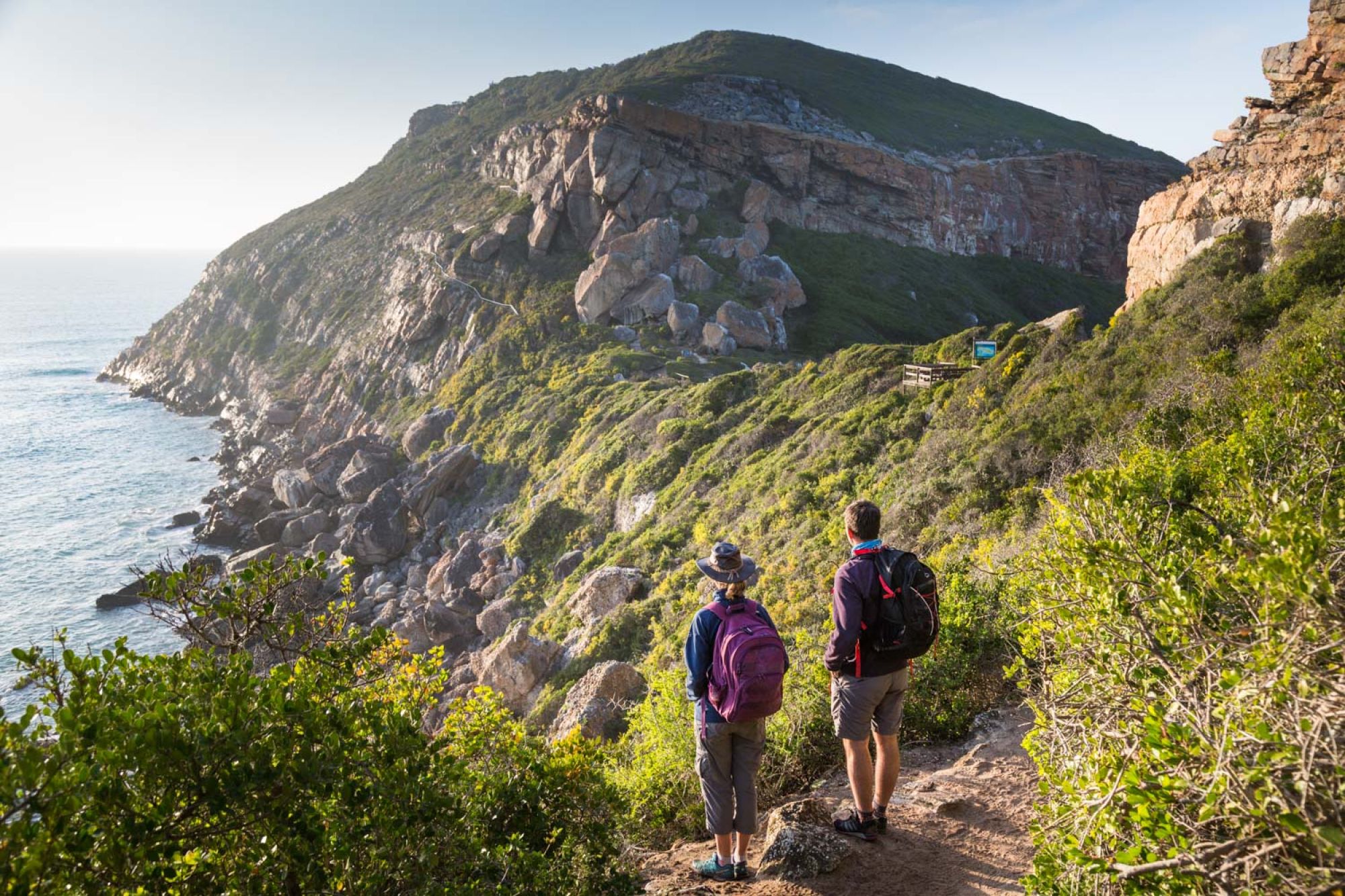
With nearly 98% of the entity’s footprint based in the rural landscape of the Western Cape, CapeNature takes its eco-tourism mandate very seriously, hence it continues to be the number one income generator for the entity. Over a number of years, CapeNature has rolled out award-winning strategic tourism infrastructure developments and signed a number of new concession and partnership agreements with private sector businesses, which includes major capital investments in protected areas. Collectively, all of this has resulted in noticeable economic stimulation in rural towns across the Western Cape in the form of job creation, skills development, the procurement of local goods and services and the creation of small, medium and micro enterprises (SMME) opportunities.
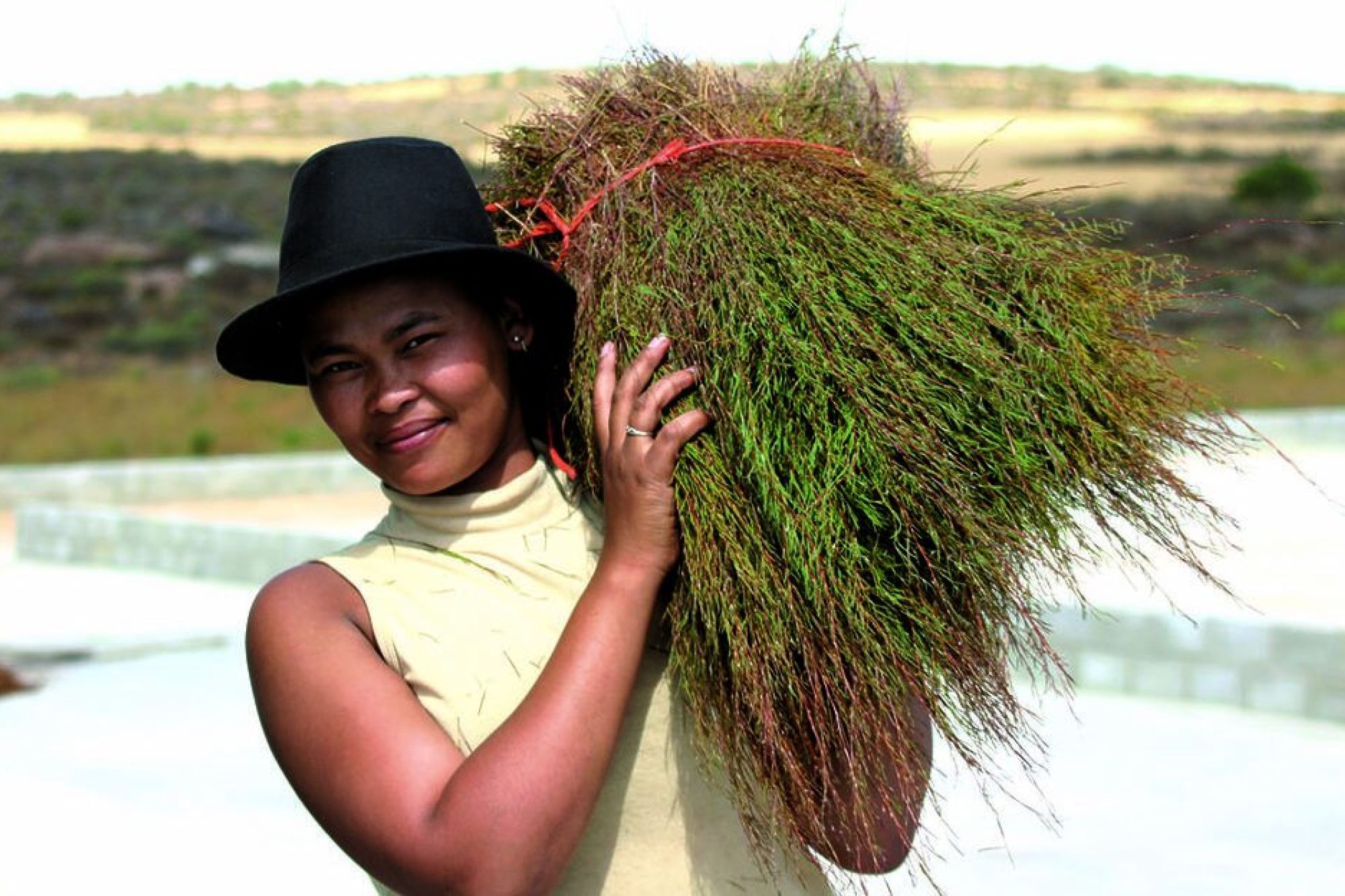
Mr Sheraaz Ismail, Executive Director for Eco-Tourism and Access at CapeNature explains the value add tourism creates: “Tourism is not just about getting to your final destination, it is an immersive experience which starts from the time you get into your vehicle and includes
stopping at a fuel station on route to fill up, visiting quaint and interesting coffee and curio shops along the way and taking in the local cultural sights and sounds of what is on offer. The Western Cape is blessed with natural and scenic beauty in many ways from the West
Coast, to the Cape Winelands, the Overberg, the Karoo and Garden Route, each offering very unique tourism experiences and products. CapeNature is proud to be part of the tourism family doing its part to improving the livelihoods of so many people and communities
in our vibrant and colourful rural landscapes.” CapeNature has renewed and improved a number of its eco-tourism offerings in the rural
areas of the Western Cape and this will boost the local economies. Nine new units have been added as part of a second phase at Kogelberg Nature Reserve, which is considered the heart of the Cape Floral Kingdom.
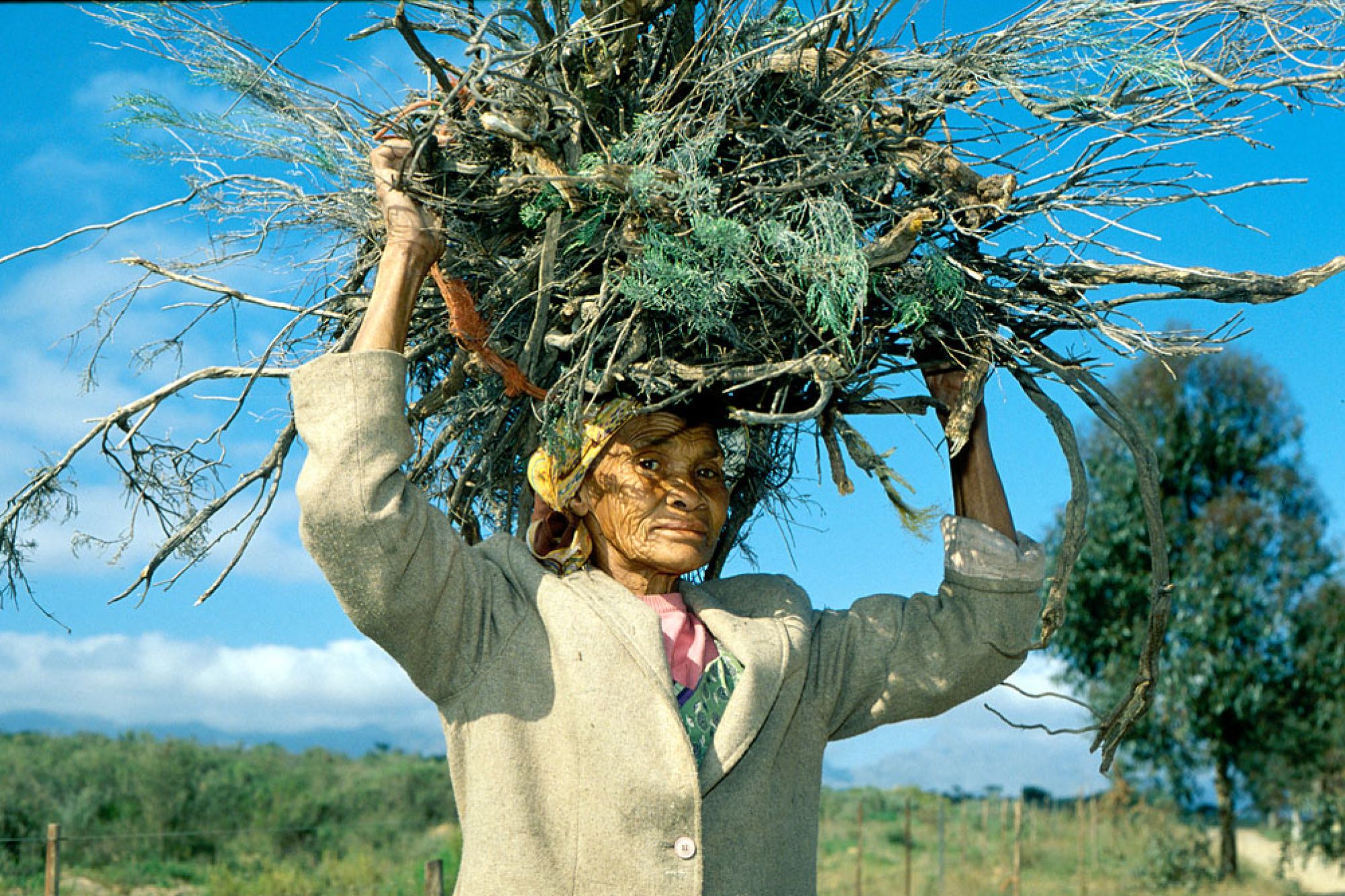
CapeNature CEO, Dr Razeena Omar says, “CapeNature partnered with the Craft and Design Institute (CDI) for the interior décor of the units. This project will contribute towards developing young creatives and SMMEs within the craft and design sector in South Africa at
large.”
The popular De Hoop Nature Reserve, managed through the sector’s first Private Public Partnership between government and De Hoop Collections, has been placed as a firm favourite on the international tourism map, because of this partnership. Three formal agreements are in place with people from the local communities of Swellendam and Bredasdorp, providing a substantial number of job opportunities.
Dr Omar adds: “Through the sustainable development of new tourism products and community engagement efforts, CapeNature is confident that we are tapping into a vast capability to create jobs and an interest in nature conservation studies in an effort to reduce the country’s unemployment rate for positive economic growth.”
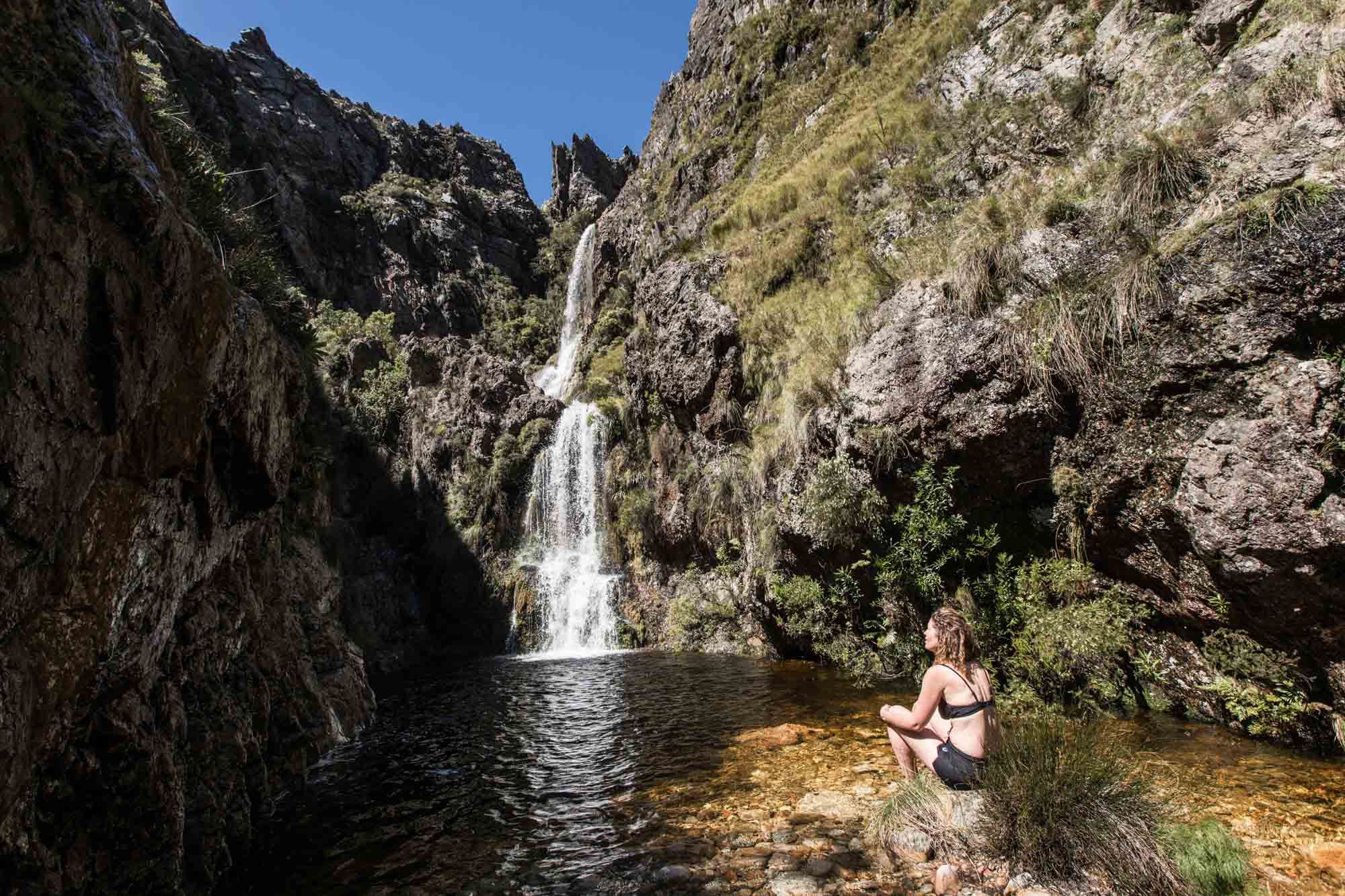
Related News
How can I assist you today?
How can I assist you today?



